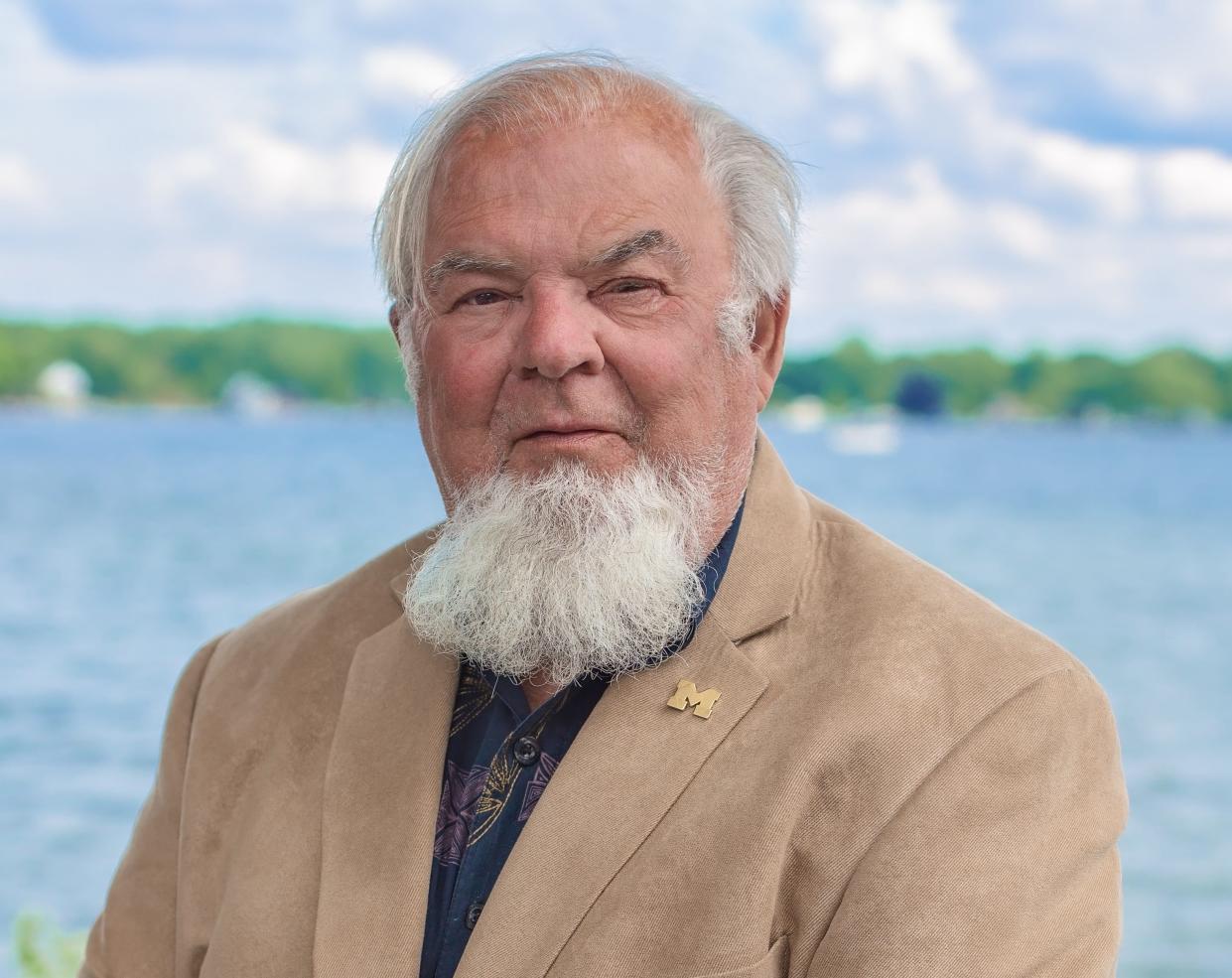The 1619 Project and the foundation of government

- Oops!Something went wrong.Please try again later.
- Oops!Something went wrong.Please try again later.
Unfamiliar with the 1619 Project and Critical Race Theory, I set out to investigate to see how they would fit with the teaching of American government, which I did for many years. This week I’ll try to understand the 1619 Project; next week, CRT.
In August 2019, the New York Times published materials on the coming of African slaves to Virginia in 1619, 400 years earlier. Jamestown had been founded in 1607 as the first English settlement in America. Nikole Hannah-Jones, a journalist, developed the project (B.A. in history and African-American studies and an M.A. in journalism).
She challenged the idea that American government had its founding with the Declaration of Independence in 1776. She says the study should begin with 1619, and that the slave community should be the central focus. She takes great pride in what slaves accomplished. She refers to her father raising the American flag when she was growing up in the latter 1970s and the 1980s in Iowa. She writes: “He knew that our people’s contributions to building the richest and most powerful nation in the world were indelible, that the United States simply would not exist without us.” (Nikole Hannah-Jones, “The Idea of America”).
I believe the United States would exist, but it would be different. Hannah-Jones states that slaves built the estates of George Washington, Thomas Jefferson and James Madison. But I believe they were not indispensable; buildings were constructed in America without slaves.
She states: “Profits from black people’s stolen labor helped the young nation pay off its war debts and financed some of the most prestigious universities.” Whether this is true, was it indispensable? She cannot be saying war debts would not have been paid, or that universities would not have been constructed, without slaves.
She states: “Black Americans have been, and continue to be, foundational to the idea of American freedom … It is we who have been the perfecters of this democracy.” This averment I simply do not understand.
Other statements were made by Hannah-Jones of questionable validity, such as colonists wanted their independence in 1776 to preserve their slaves. Thomas Jefferson gave detailed reasons in the middle of the Declaration of Independence for the decision to break from Great Britain. None involved slavery. But one of his drafted reasons was deleted by the Congress which condemned the slave trade by the British, the opposite of what Hannah-Jones seems to say. Apparently, the British conscripted our slaves, however, and this has been seen by some scholars as a reason for independence, but one not mentioned by Jefferson. Great Britain did not give up its transatlantic trade in slaves until the Slave Trade Abolition Act of March 1807, years after 1776. We outlawed the slave trade as soon as we could under the Constitution in January 1808.
My thesis is that more important than slavery and 1619 for American government was the development of the rule of law. Start with the idea that government itself is under law: the Magna Carta of 1215, the first written constitution. Article 39 (later 29) developed the idea of due process, which found its way into our early documents like the Northwest Ordinance, later in the Constitution, the Fifth and 14th amendments. Find room for the English Bill of Rights of 1689, which had great influence on us. A contemporary of that time, John Locke, was the main influence for the Declaration of Independence of 1776. The famous second paragraph of the Declaration is from Locke: equality, natural law rights of life, liberty, and property (pursuit of happiness), not given by government but by God. People choose their government. The right to rebel against a tyrant was based on Locke and on international law of the time.
When Hannah-Jones writes, “…that the year 1619 is as important to the American story as 1776…” she is simply wrong. Sure, slavery should be taught as an important part of our history, but it does not define our government today. The Declaration, however, is our rock, and the basis of our rule of law.
James W. Pfister, J.D. University of Toledo, Ph.D. University of Michigan (political science), retired after 46 years in the Political Science Department at Eastern Michigan University. He lives at Devils Lake and can be reached at jpfister@emich.edu.
This article originally appeared on The Monroe News: James Pfister: The 1619 Project and the foundation of government

